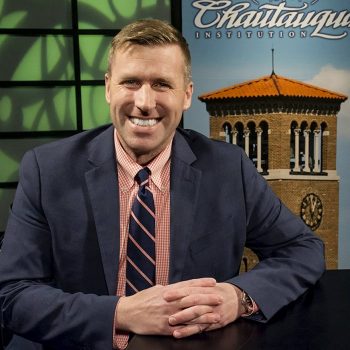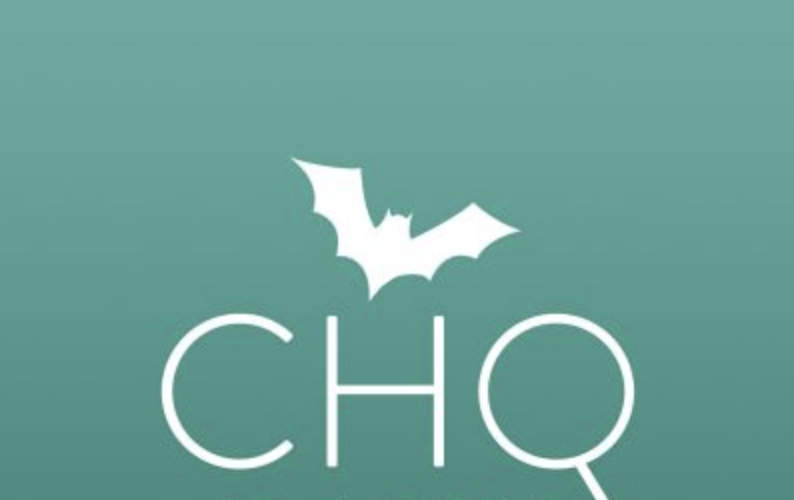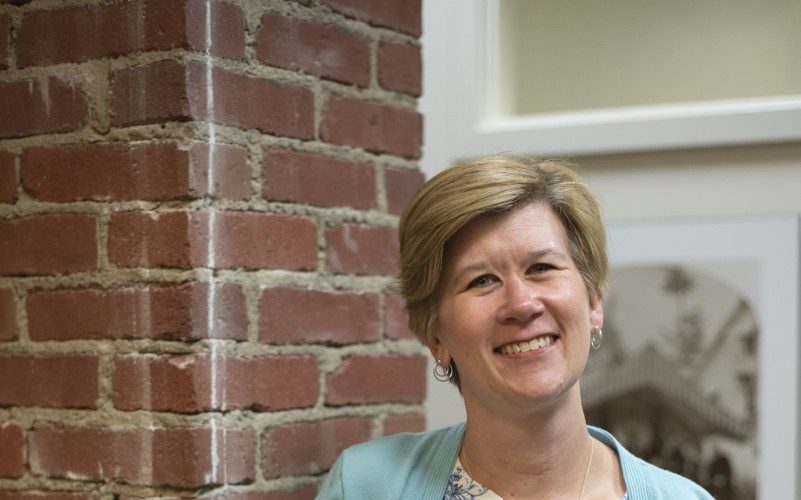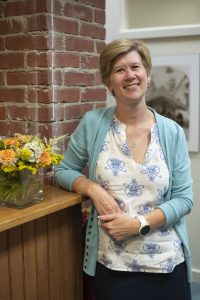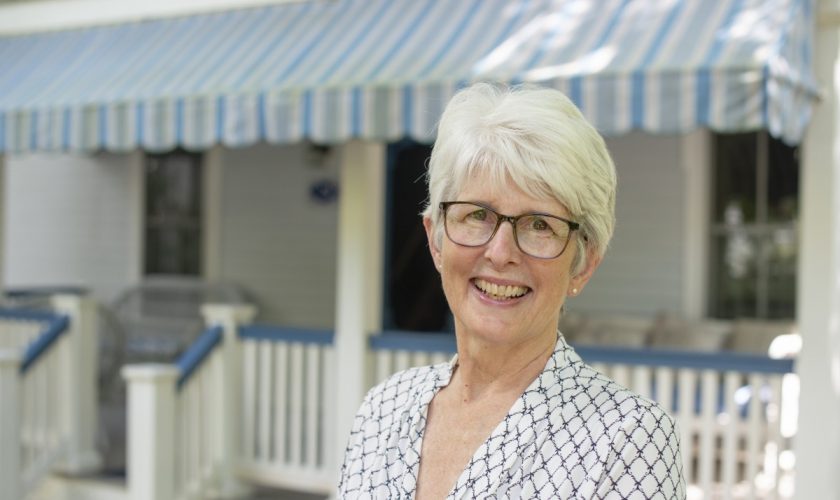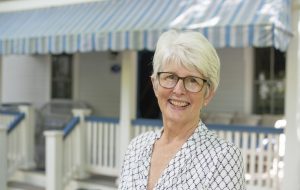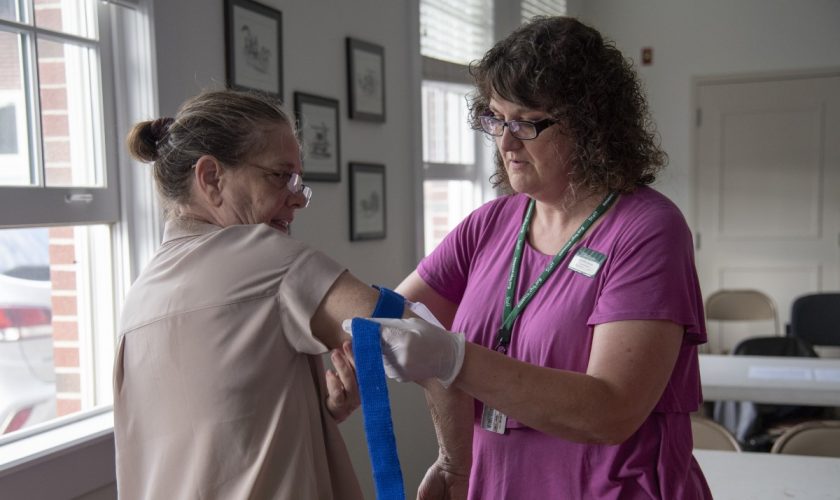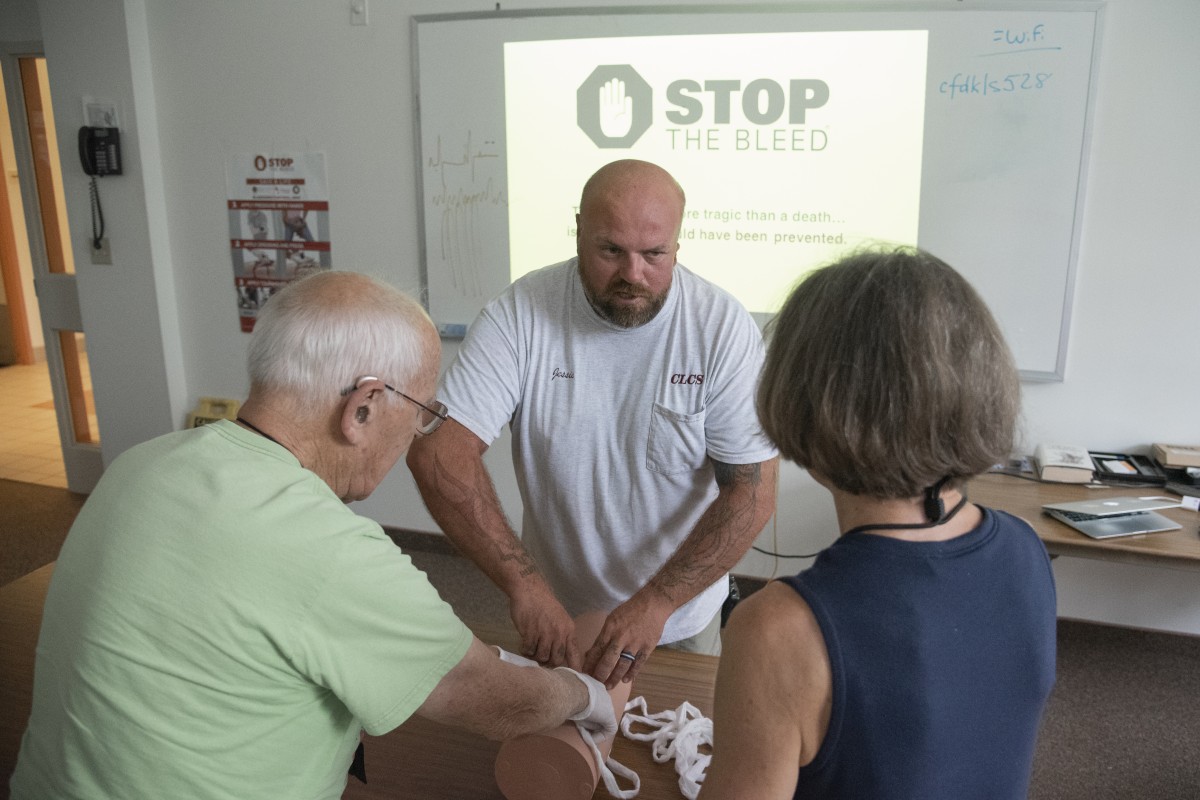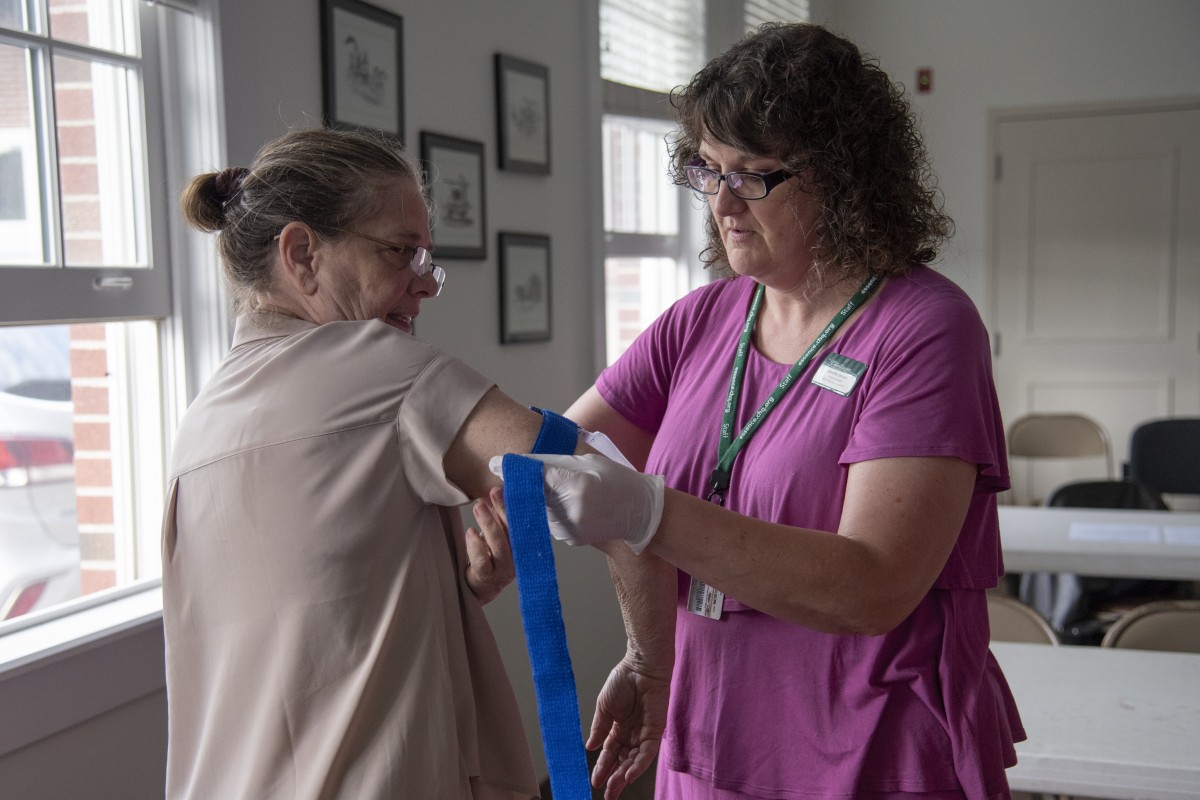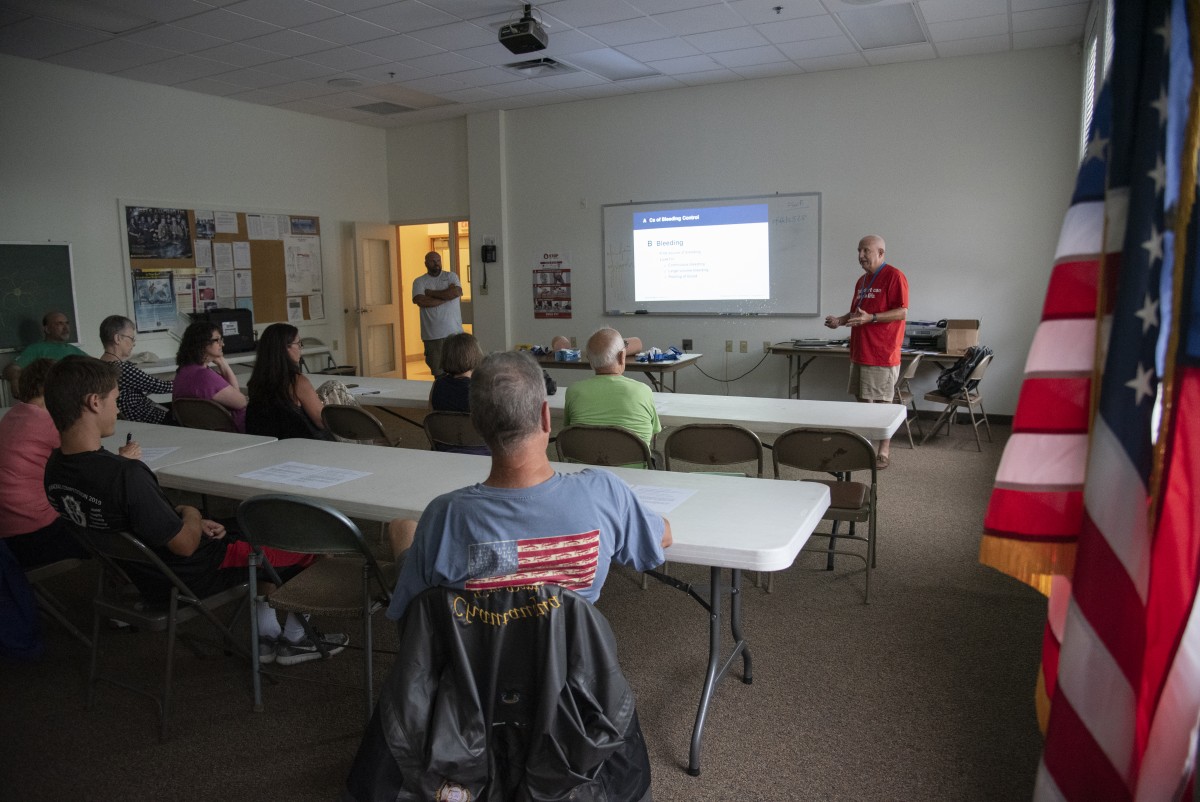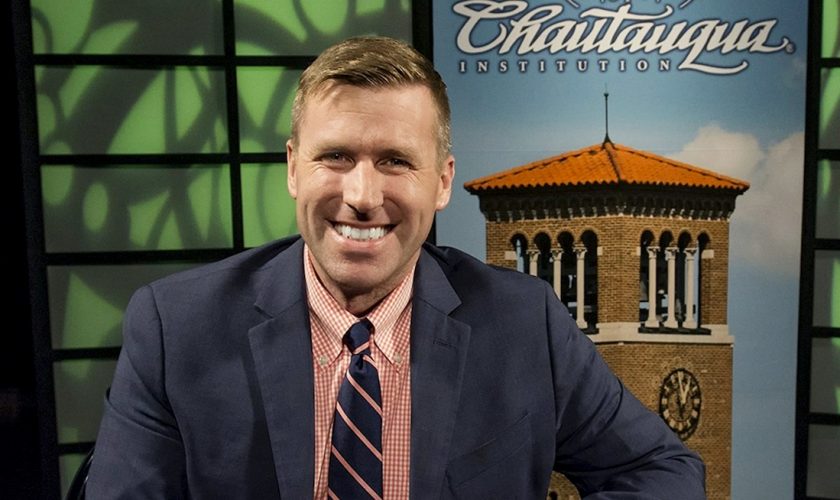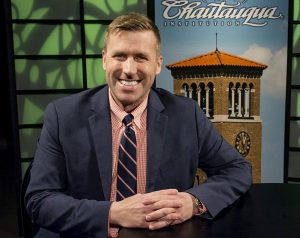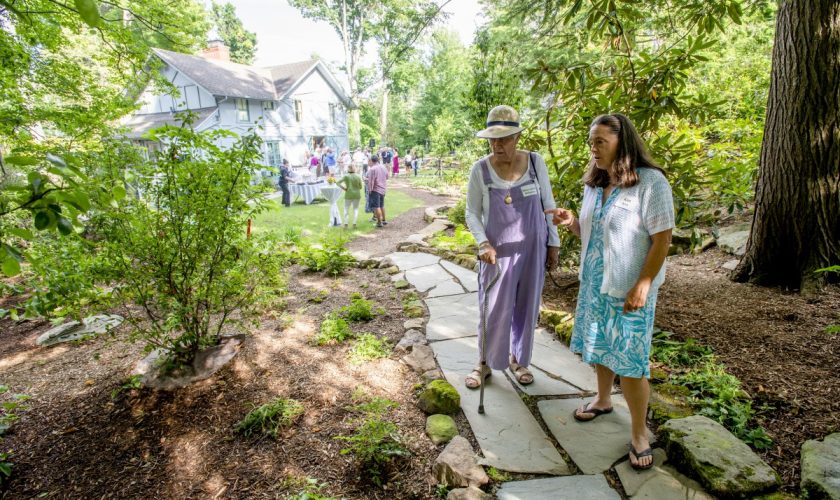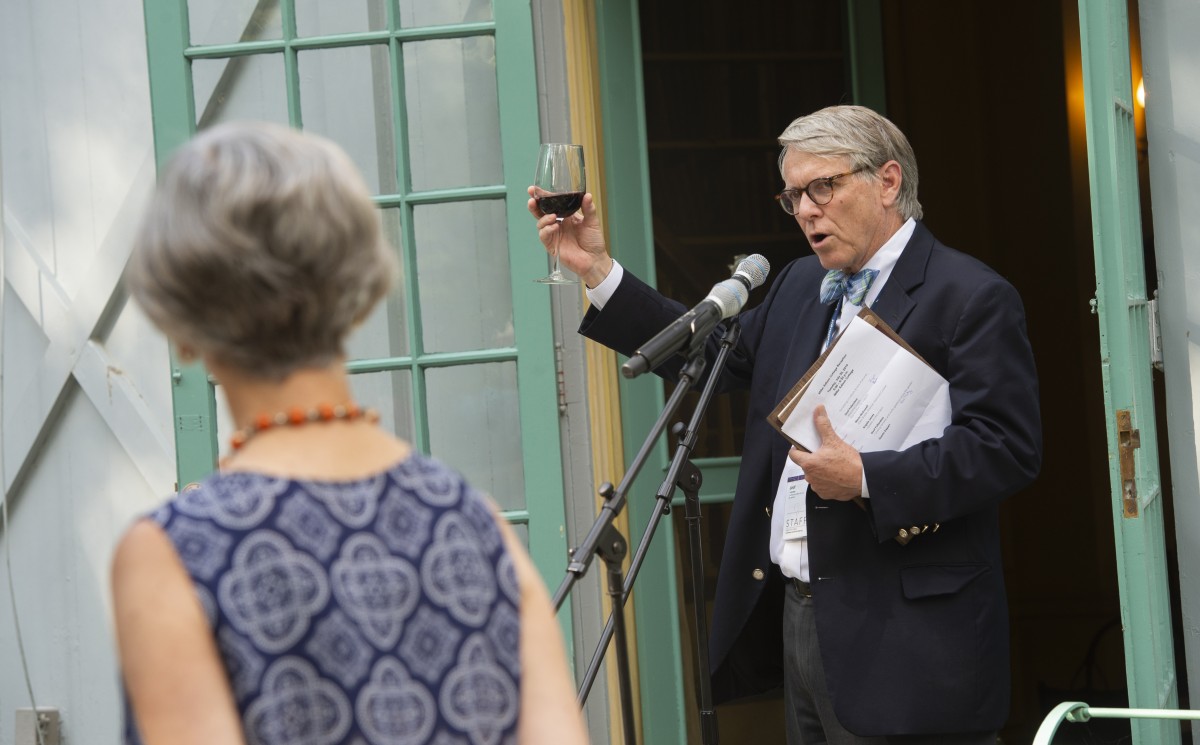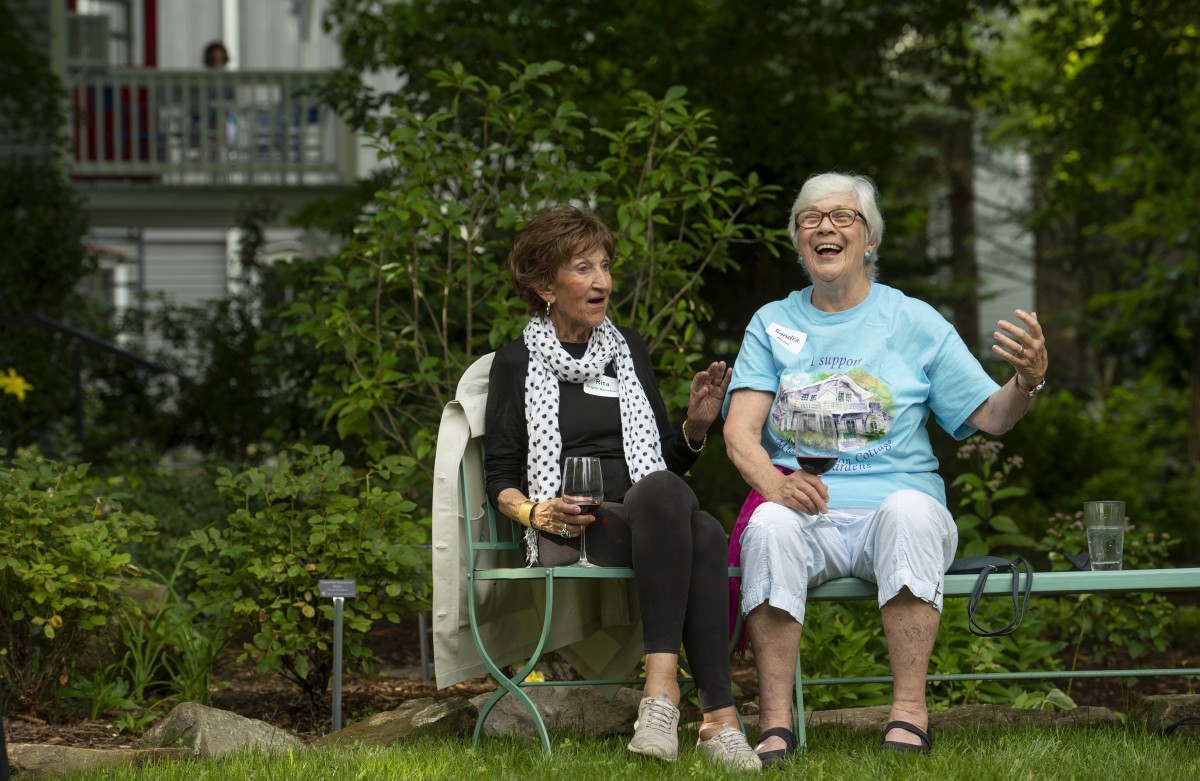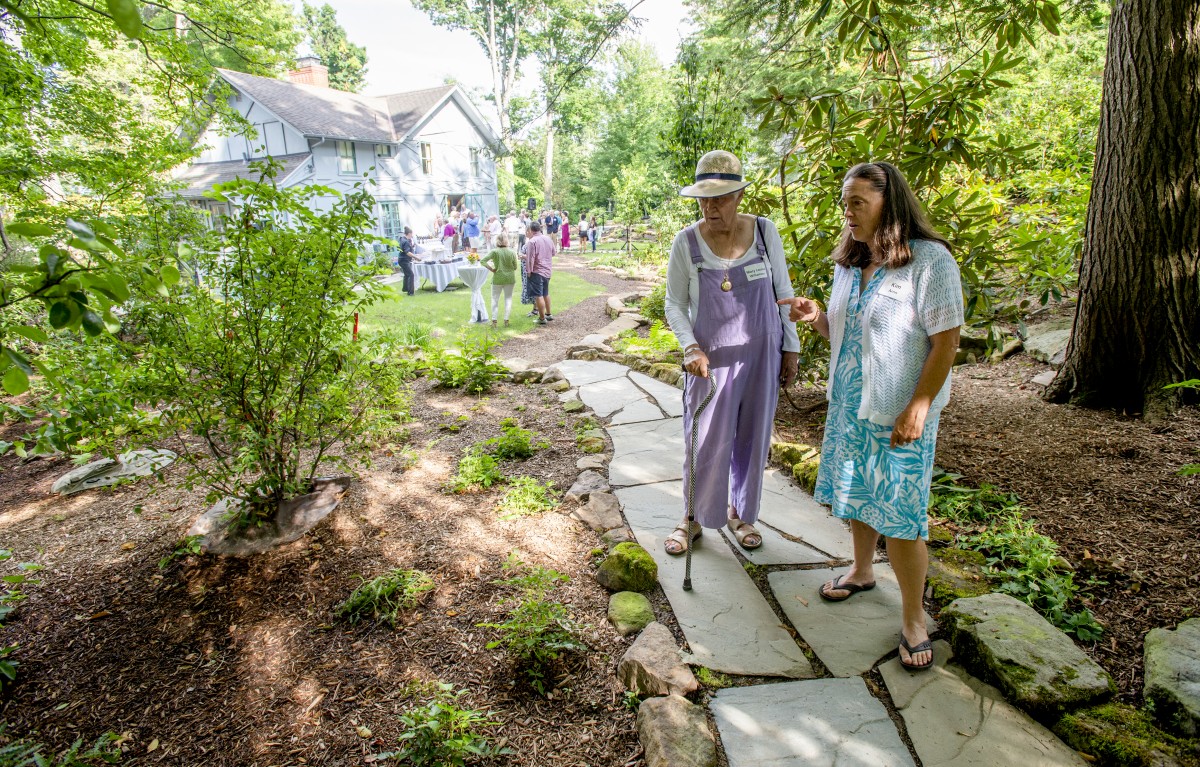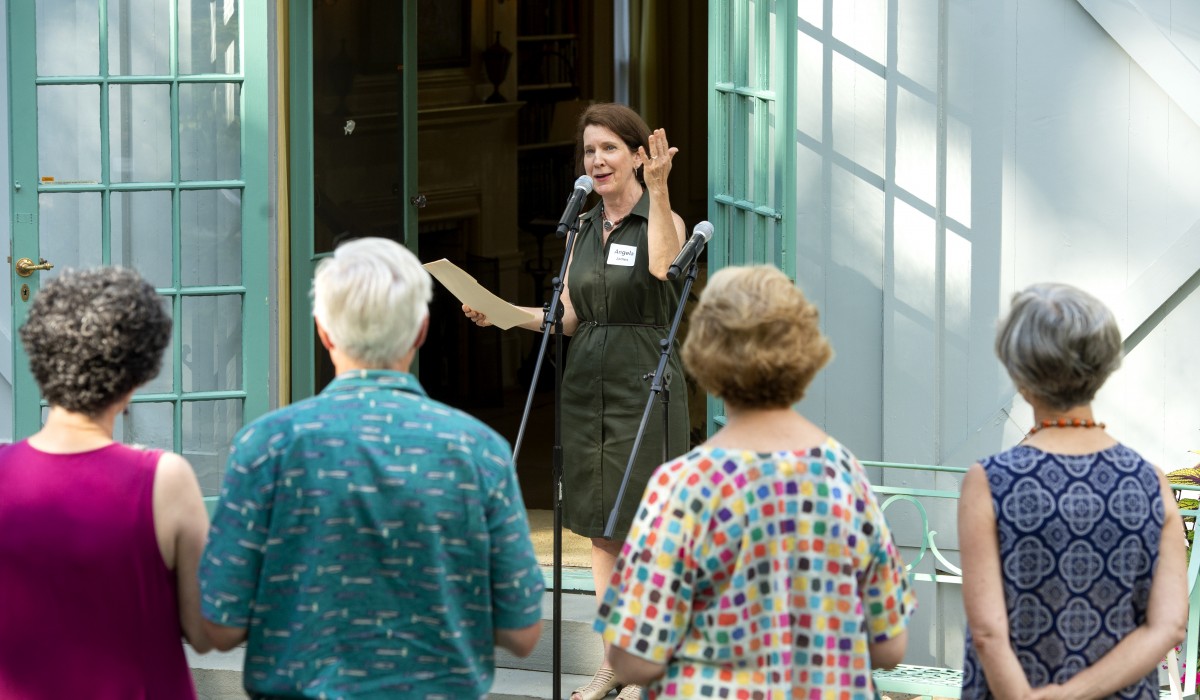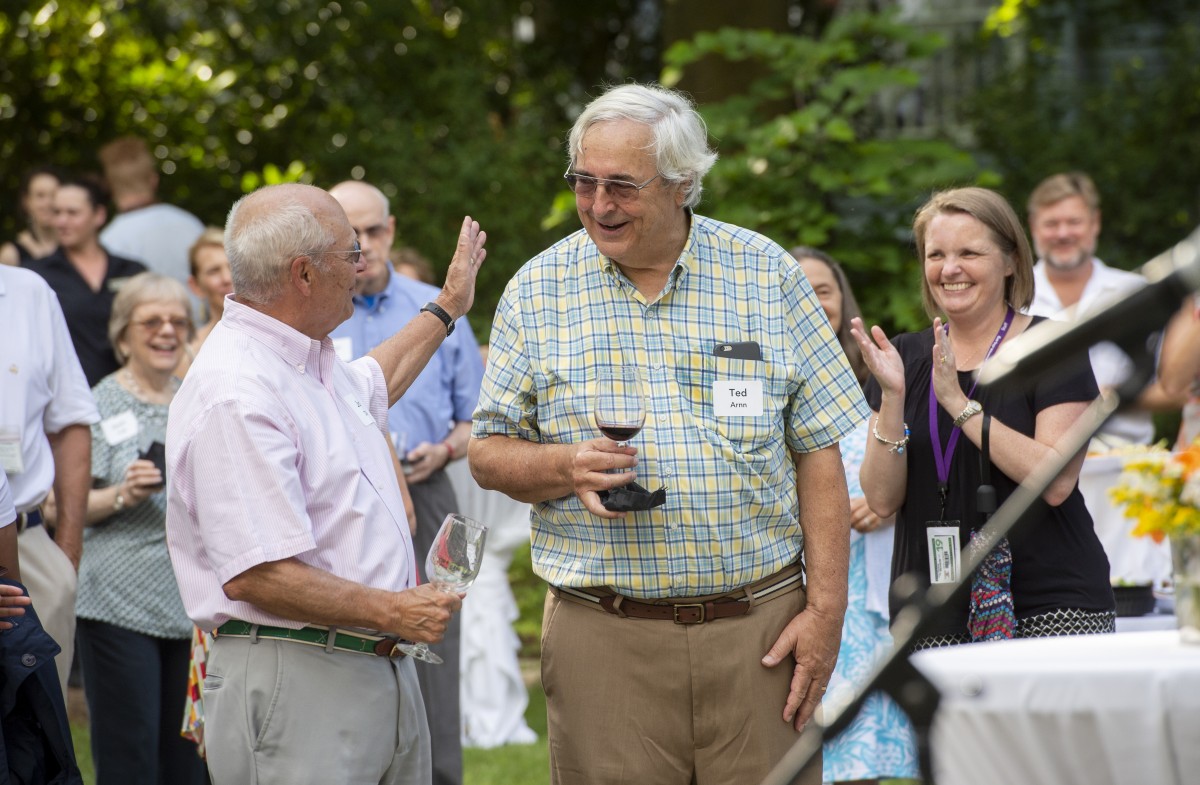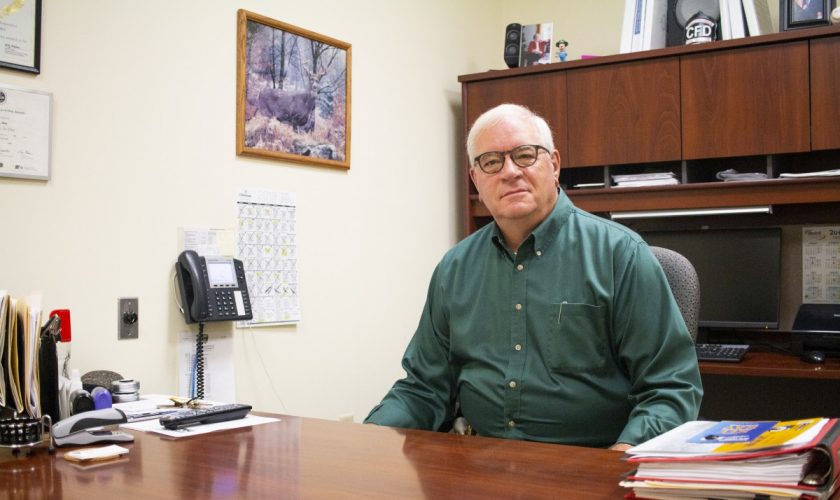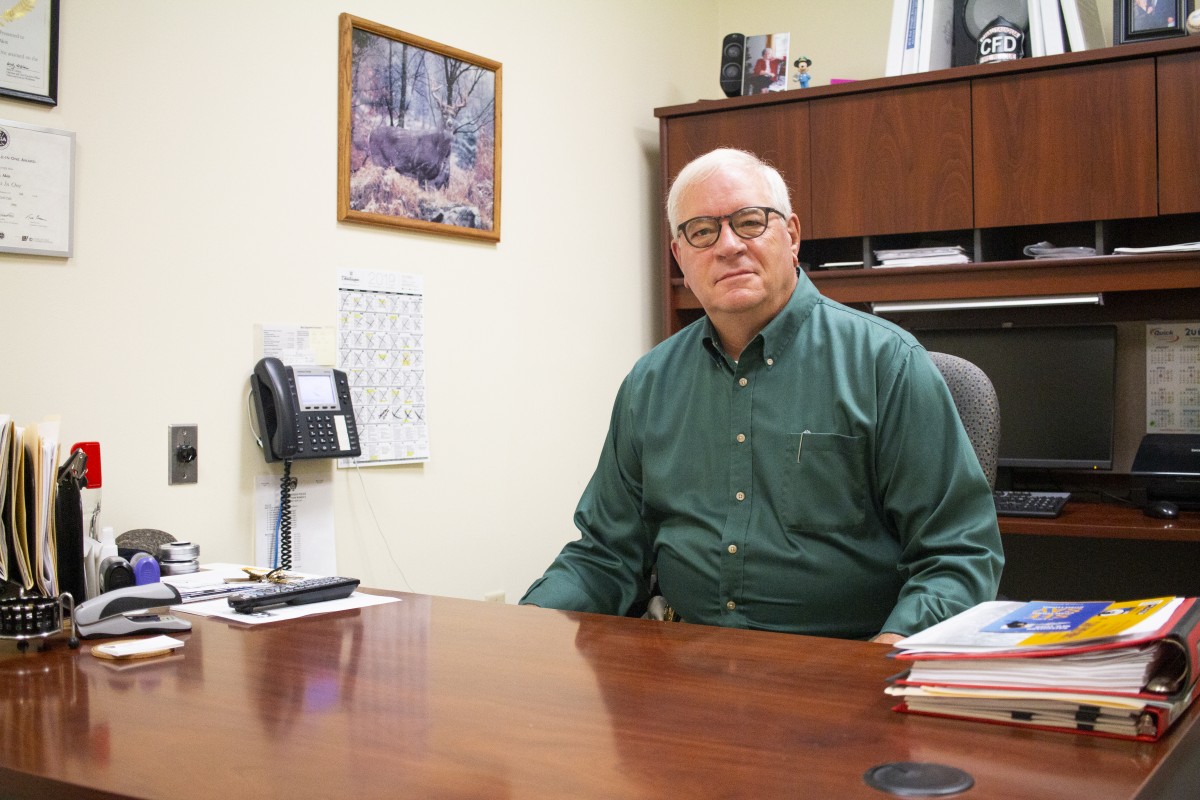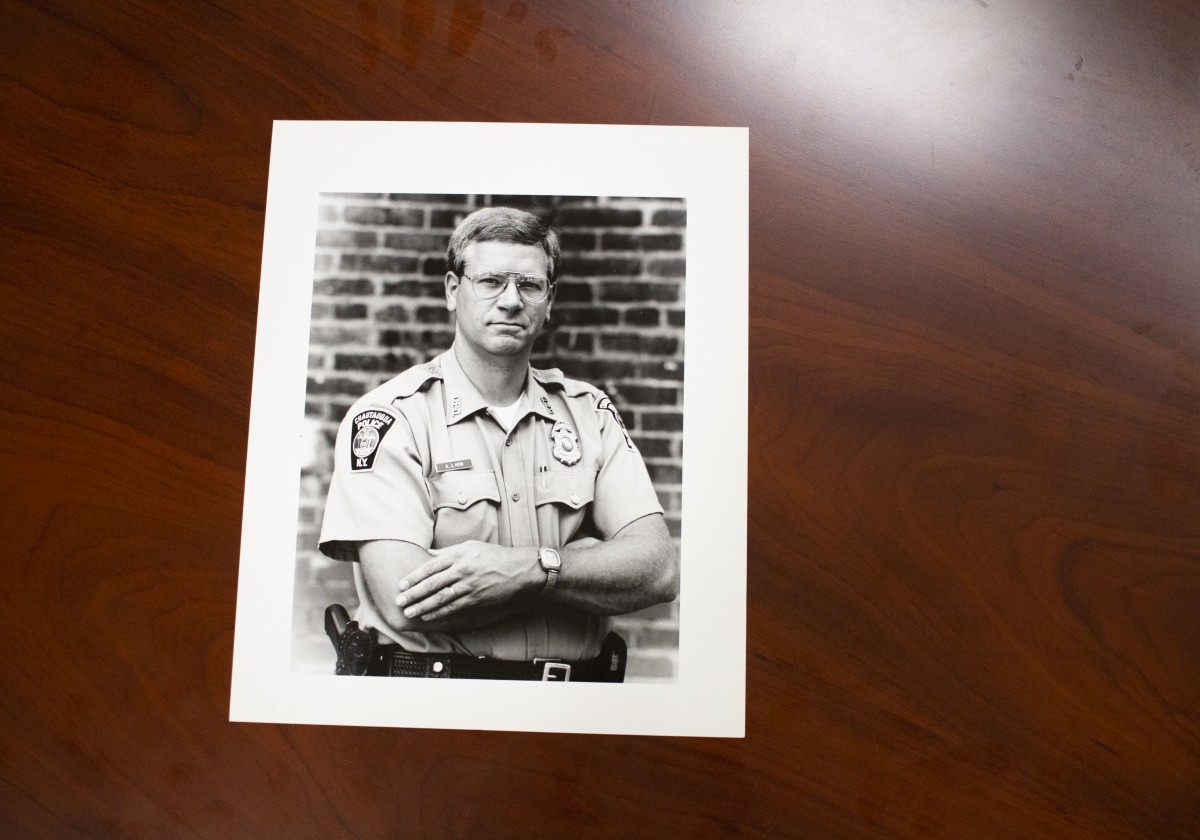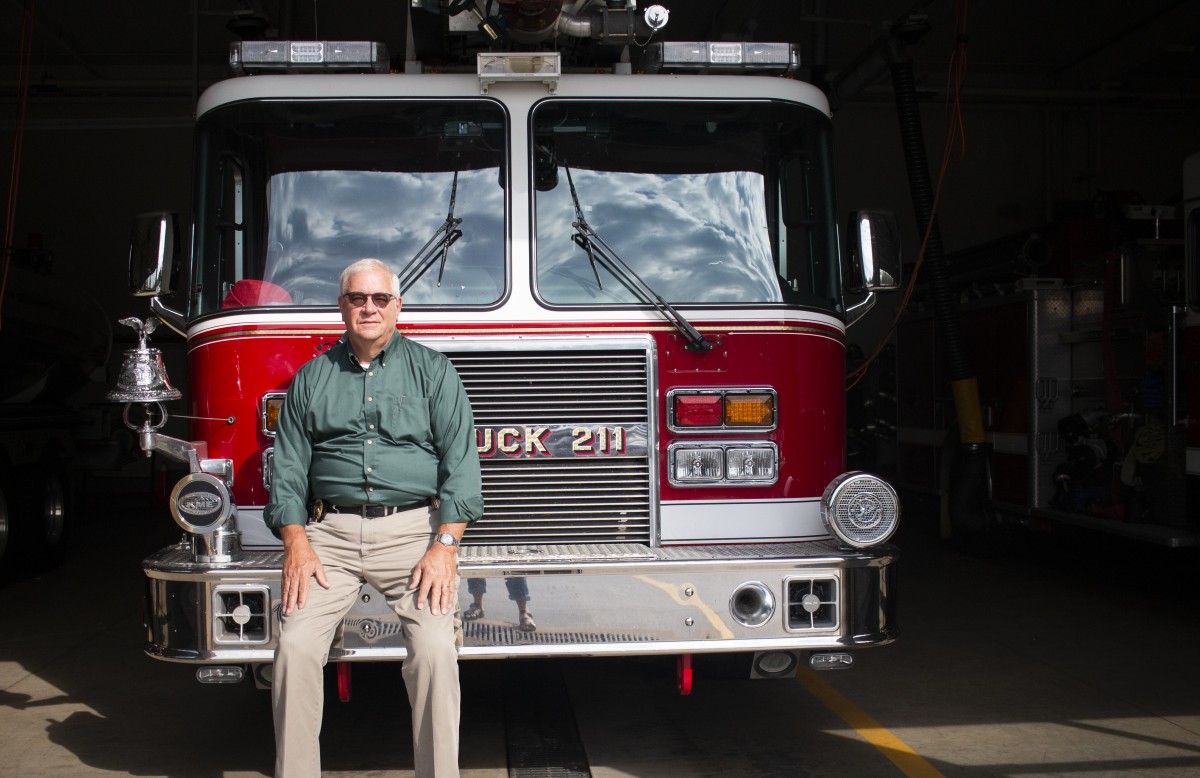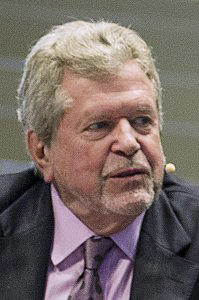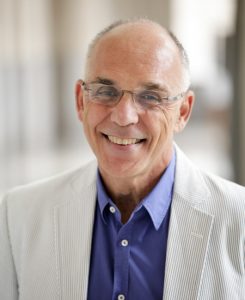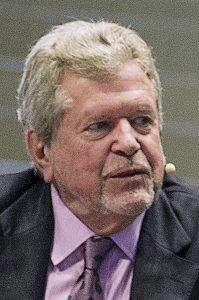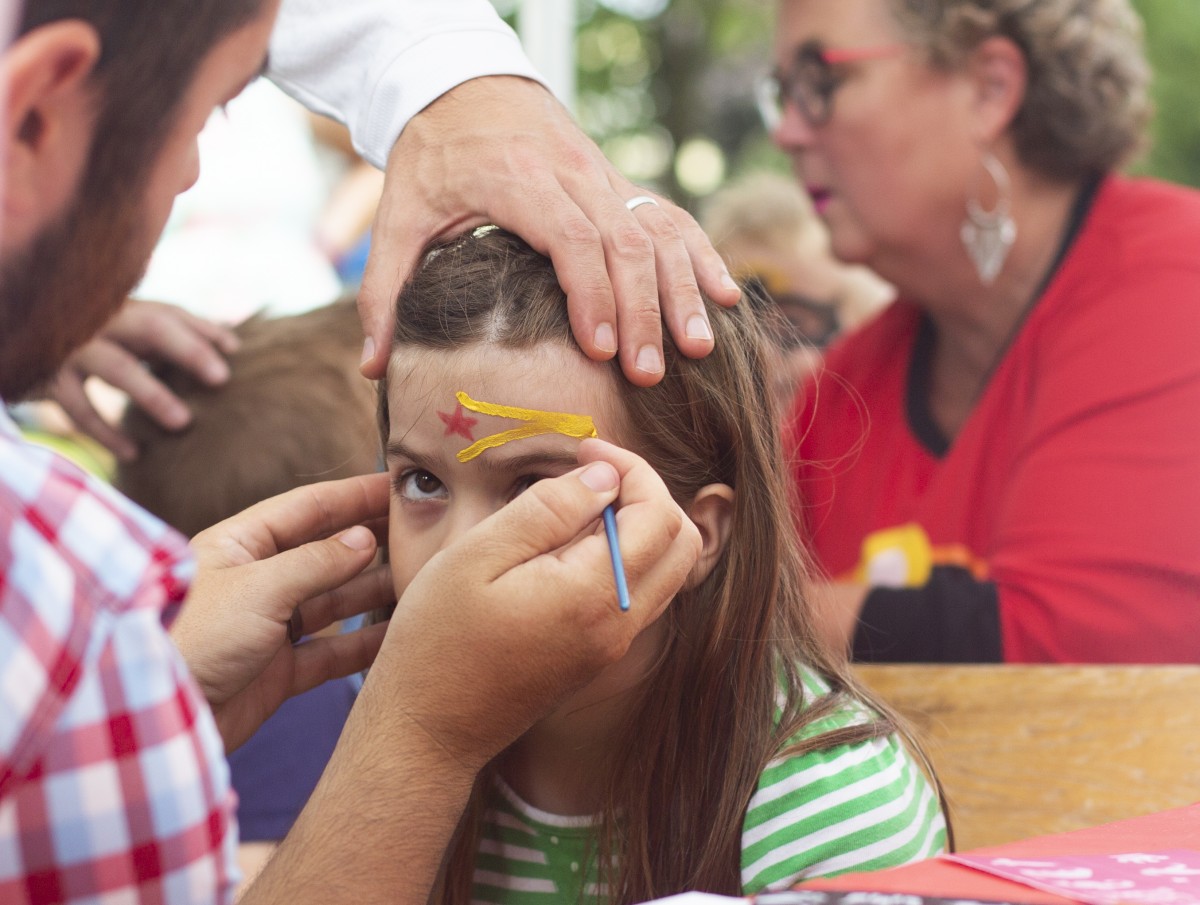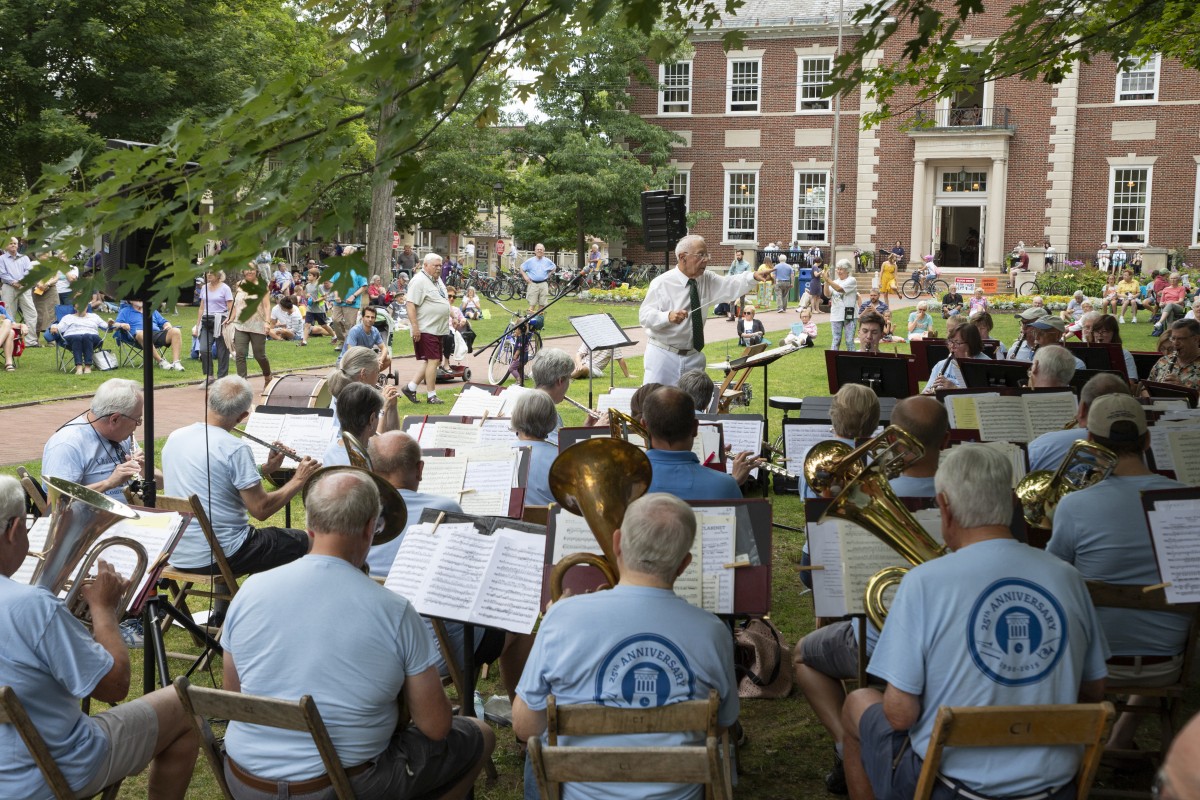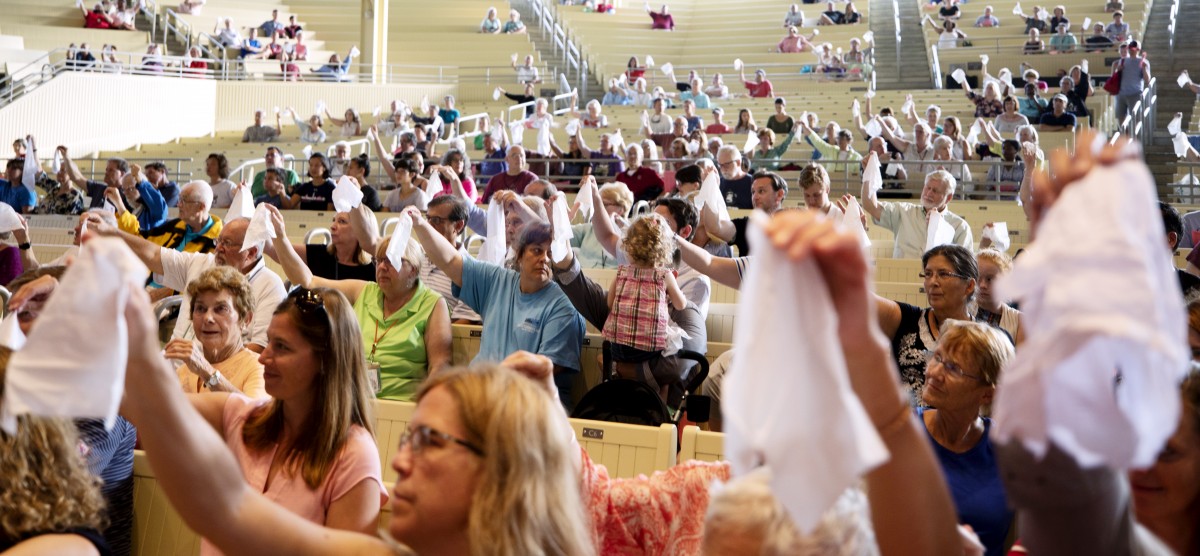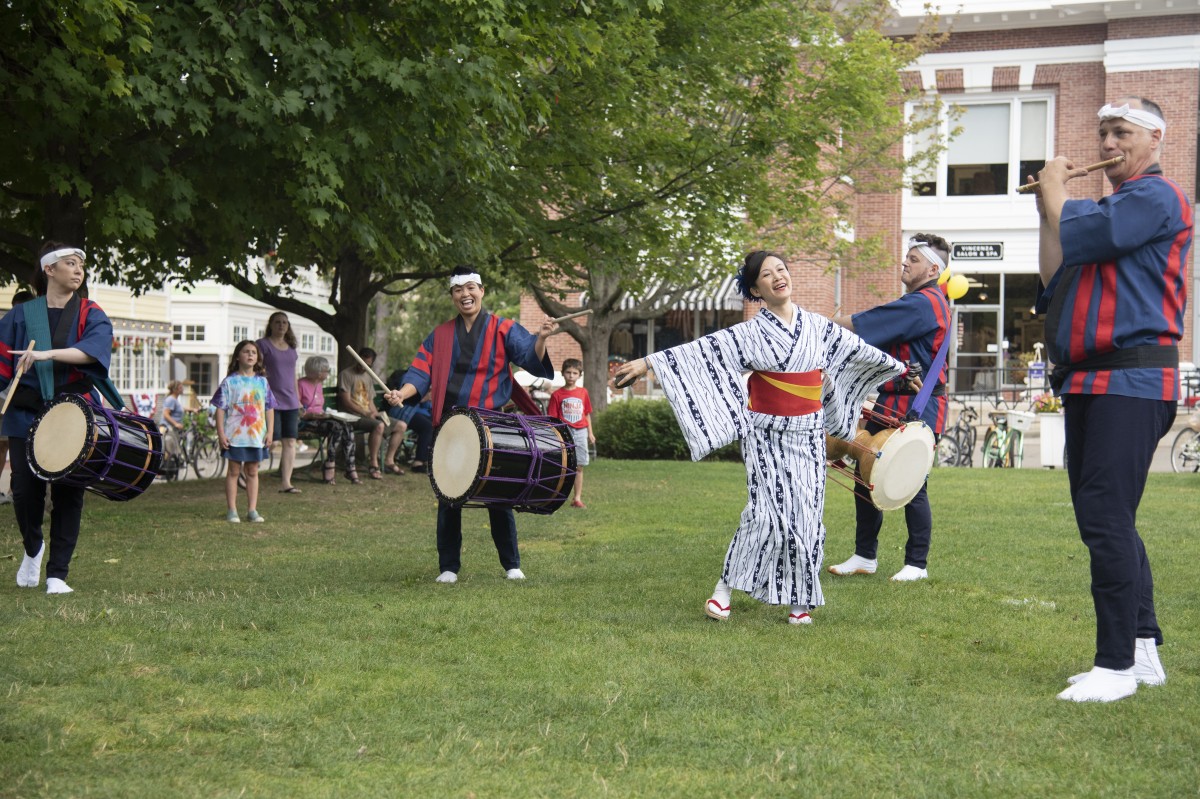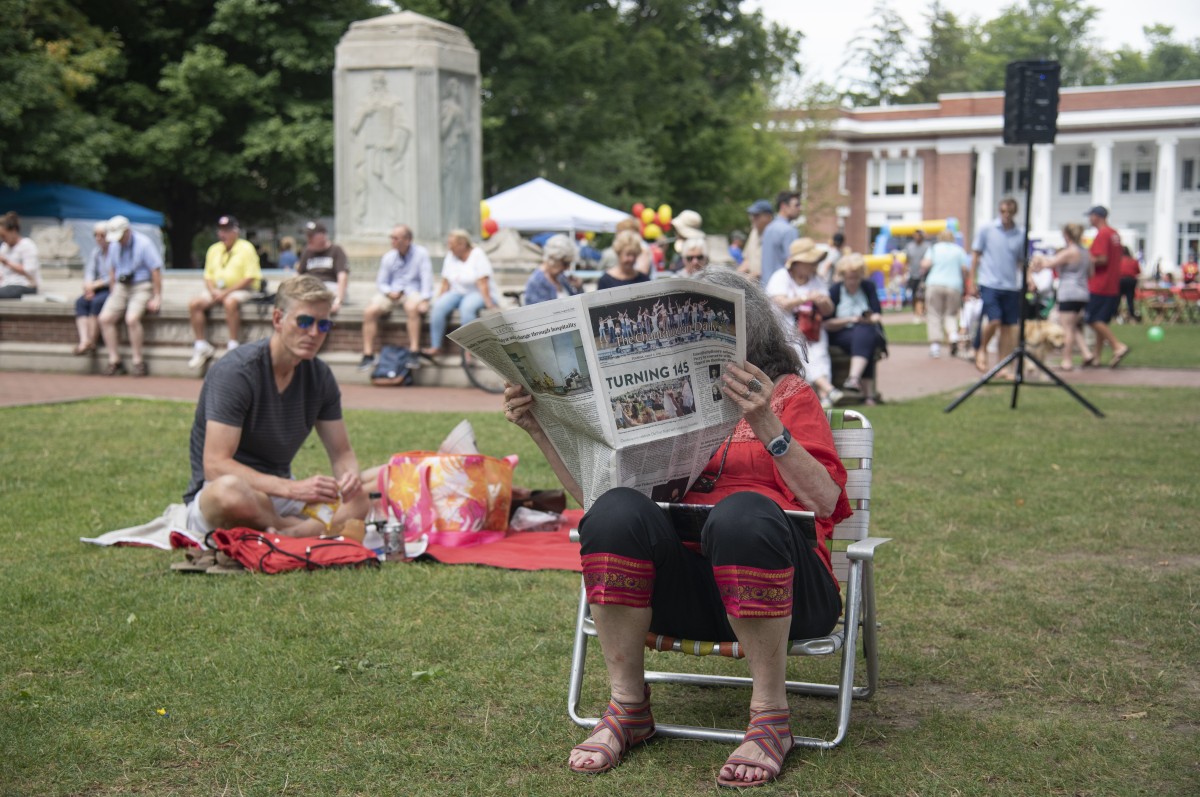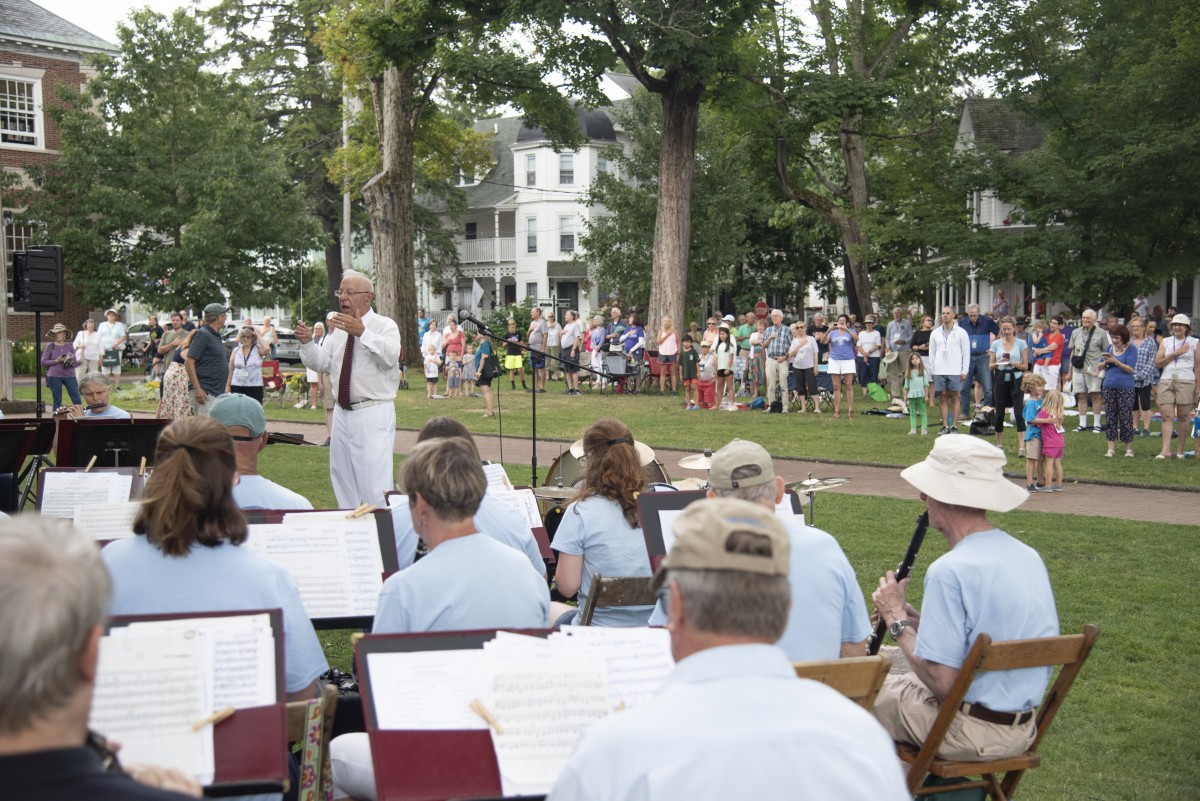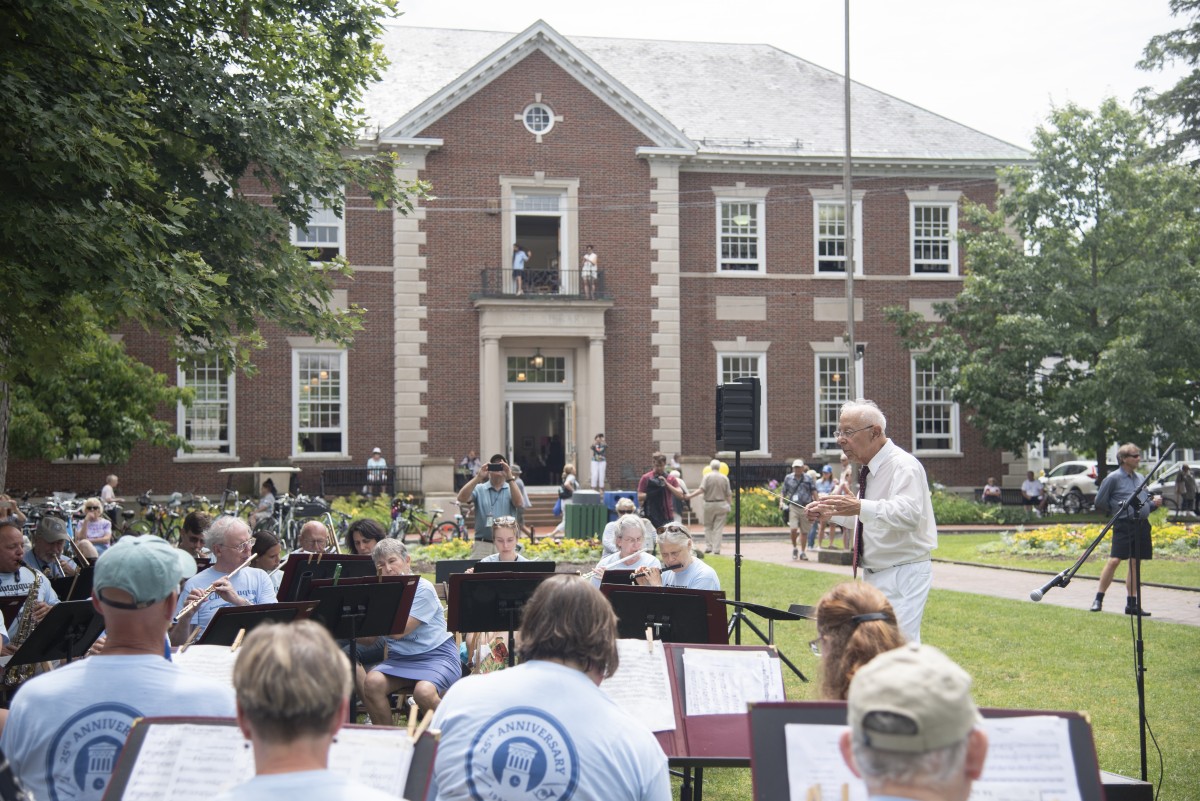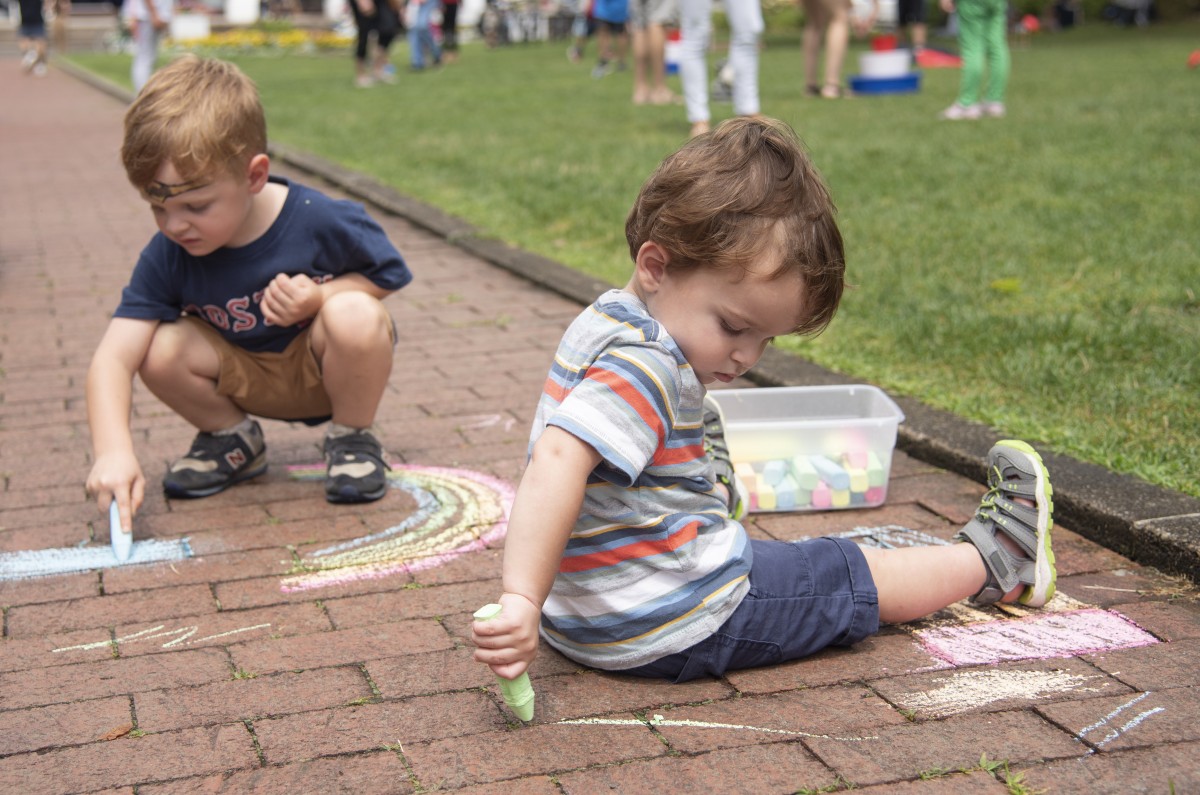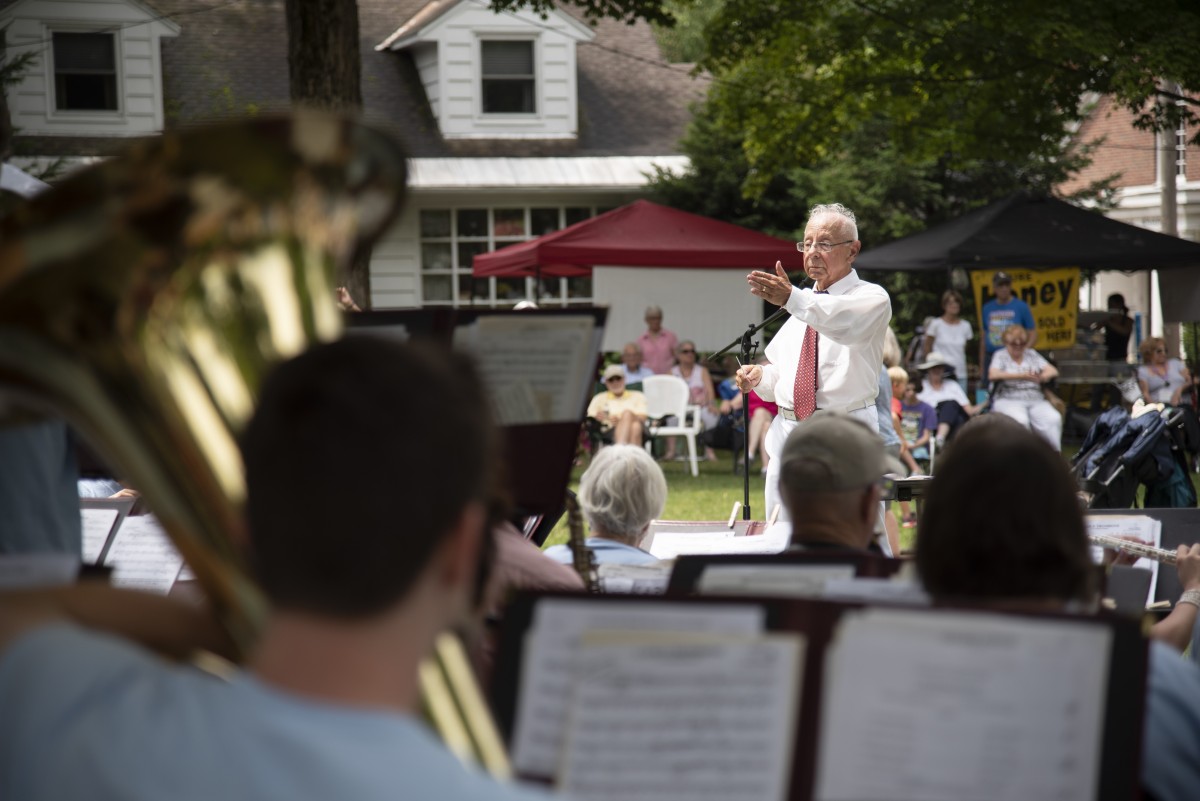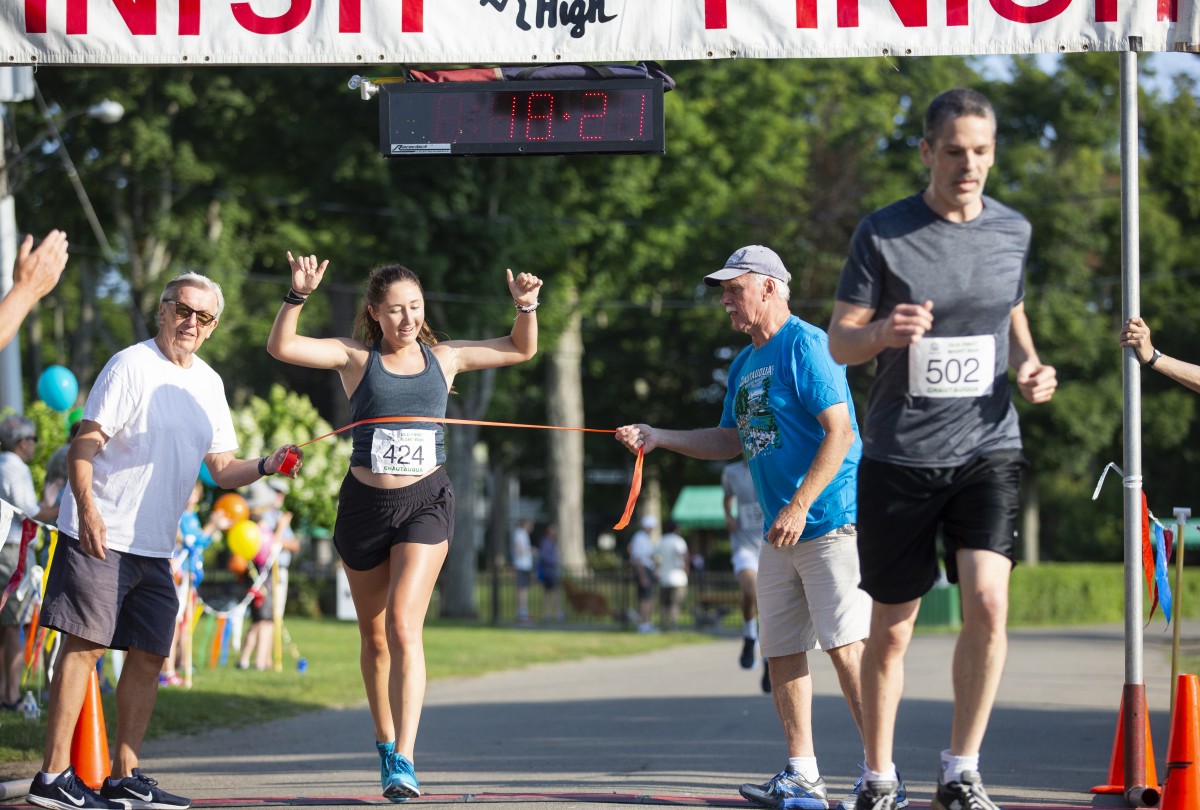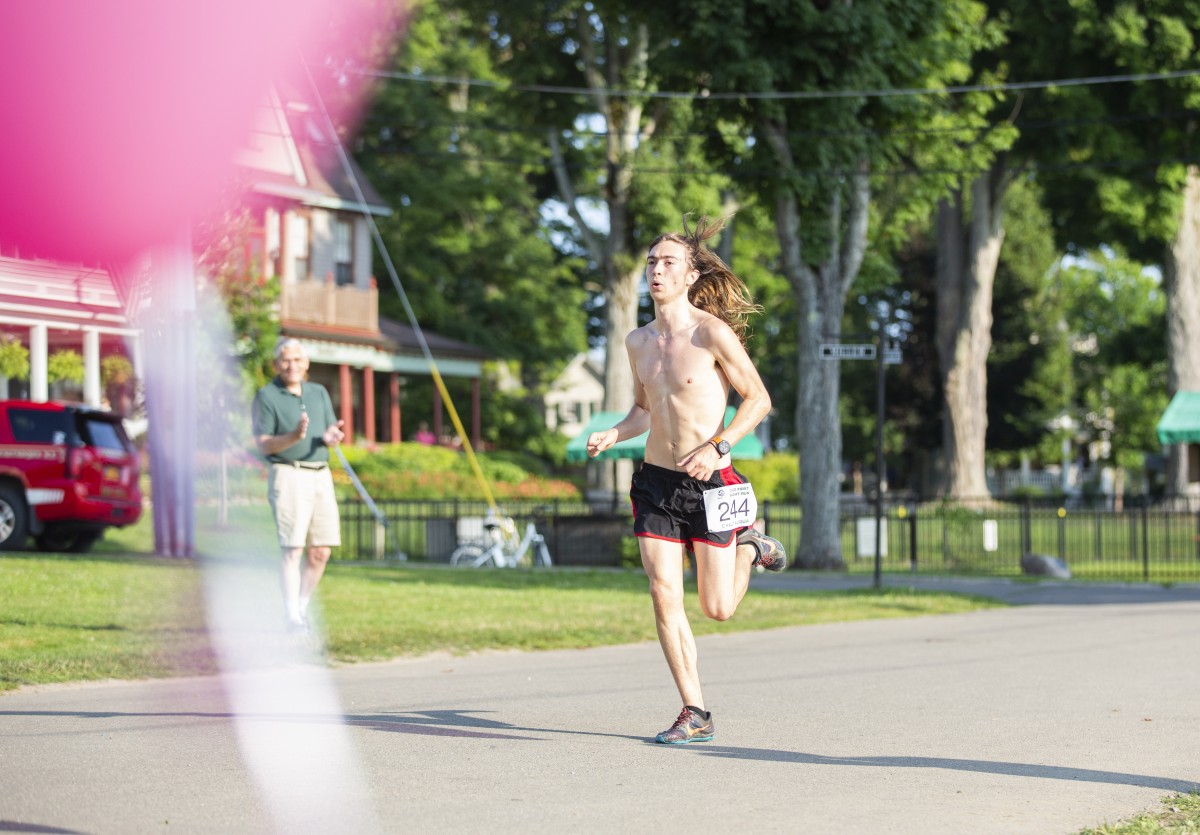Welcome home to Chautauqua! It’s a true joy to welcome you to the 147th Assembly, a season admittedly unlike any we have experienced before.
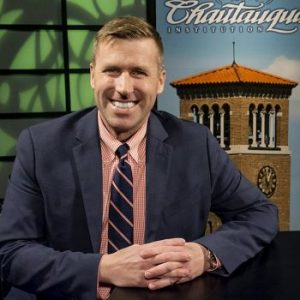
There is a cadence to a Chautauqua season that brings comfort, and I admit that writing my opening column to you for The Chautauquan Daily and CHQ Assembly Weekly is just one of many things breaking that cadence in 2020. I would normally be talking to you about how we’ve been preparing the grounds and how excited I am to see each of you as you join us for one — or many — of our nine weeks. As I looked back through these columns in my first three seasons, I also traditionally would acknowledge how sad I feel when you leave us to go back to your home communities.
But this year, at least for our programming, you will join us on the new CHQ Assembly platform. I’m incredibly grateful to all my staff colleagues, our outside advisers and the many of you who contributed time, talent and treasure to allow us to continue the conversation amidst a global pandemic. A reading of Chautauqua history tells me that there has been nothing in our almost-150-year history that has kept us from gathering to explore the great conversations of the day, and this year is no different.
We start our season this week with the exploration of climate change and the actions needed to curb the negative impacts to our planet. The Chautauqua Lecture Series will examine the latest science, but also ask questions about how we might prioritize our global and our local response. How we talk about climate change is rapidly shifting. But amid the ongoing political debates, how are we — and how should we be — responding?
- What does prioritizing a response to climate change mean, and how do we collectively determine the overall benefits and costs of such investments?
- How do we balance proactive work aimed at reversing climate change with strategies for adapting to the realities of its worst effects?
- We examine case studies of solutions being sought at a global and local scale, from the work of small U.S. towns to foreign countries, and from corporate investments to military strategies.
We’ve assembled some of the world’s leading experts as your guides for this opening week. Bring an open mind and an appetite to learn, to be challenged and to challenge.
In our companion Interfaith Lecture Series, we look at “Faith to Save the Earth.” Climate change is often called a scientific or political issue, but is there an imperative that comes from a position of faith? In this week, we explore what role various faith traditions play in response to the care of the earth and how those different world views might be harnessed to prioritize our global and local response.
Many have asked me if we are going to change our nine-week exploration, given all that’s going on in the world. Pre-COVID-19, we were internally framing this summer’s assembly as a “citizen’s guide” to the upcoming election and beyond. As we look out across the nine weeks, we still feel that these topics are the right ones for us to contemplate as we collectively decide the future of our nation and our world. That’s not to say that you won’t see woven into the weeks discussions of the pandemic, or of the issues brought to the fore by the Black Lives Matter movement. The great thing about a Chautauqua summer is that topics don’t stay stagnant; they reflect what’s happening in the world, and I know these momentous times will be deeply reflected by our preachers, teachers, artists and speakers.
There are so many exciting things happening through the new CHQ Assembly. I speak to that in my Three Taps address, and I hope you’ll consider a review of that as you start your journey with us. In addition to what you see online, what you can’t see is the scores of artists — those well into their careers and emerging student artists — who continue to study through the Chautauqua lens. I’m humbled by the entrepreneurial and “can-do” spirit of all who came together to present this 147th Assembly. And I’m deeply grateful to our Board of Trustees for their courage and investment that made this possible.
One of the benefits of conducting this season through the CHQ Assembly portal is that distance need not be a deterrent to your participation. I hope you’ll join us all summer and share your thoughts about the experience. This is a “beta test” year for the CHQ Assembly, and your feedback will make it stronger and a more powerful tool for the future.
Thank you for coming on the journey, and welcome home.


